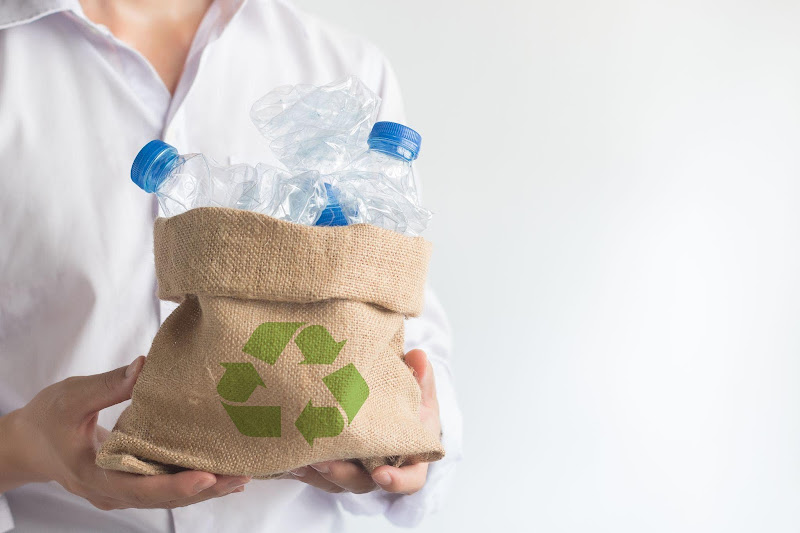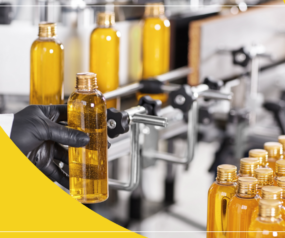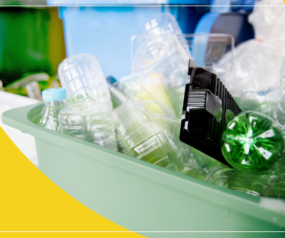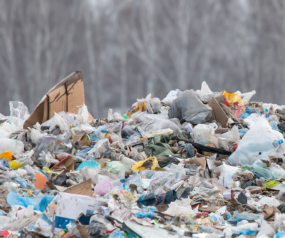The Best Guide to Plastic Recycling, Reusing, and Repurposing
In general, recycling will aid in the prevention of pollution, the conservation of energy, the reduction of greenhouse gas emissions, and the reduction of garbage that ends up in landfills. Plastic is one of the most recyclable materials in the world, and it is used in many products. It is durable and versatile, and you can use it for a variety of tasks. If you have a lot of plastic products lying around your house, you may recycle, reuse, and repurpose them in various ways. With that, here is a guide that will help you accomplish this.
SET ASIDE PLASTIC MATERIALS
Plastic recycling is the process of collecting discarded plastic and repurposing it to create new and usable goods out of it. Some of the plastic items you can recycle include plastic bottles, yogurt tubs, shampoo bottles, and peanut butter containers.
One way to start is to add a container inside your home dedicated to plastic materials. This will make it easier for you and your family to gather all the materials you need when recycling.
ADVANCED PLASTIC RECYCLING
Advanced plastics recycling refers to various methods that turn post-consumer plastics back into the building blocks that were originally intended to be used as fuels, waxes, and feedstock for new plastic. If you’ve exhausted all of your options for reusing, recycling, and repurposing plastic, you might turn to advanced recycling instead.
A total of three procedures are used in this method, and they are as follows: pyrolysis, chemical recycling, and gasification. We are going to go through them one by one.
Pyrolysis
A typical strategy for converting plastic waste into energy is the use of pyrolysis. This is a process in which a feedstock, such as waste plastic, is heated in a low-oxygen atmosphere. Instead of burning, it decomposes into a mixture of simpler hydrocarbons and other compounds.
Some significant applications of this method include toasting, roasting, grilling, and more. Overall, the pyrolysis process has the advantage of helping people deal with unsorted and unclean plastics without difficulty.
Chemical recycling
Chemical recycling is the process of converting a polymer into a monomer that can be used to make new products. Furthermore, it is a broad term that refers to various developing technologies in the waste management sector that allow plastics to be recycled that would otherwise be difficult or uneconomic to recycle using mechanical means. Manufacturers sometimes use this technique to make nylons.
Gasification
Lastly, gasification is the process of converting plastic into gas. It entails heating waste plastic with air or steam to produce a valuable industrial gas mixture known as “synthesis gas,” or syngas, which may be used in various applications. The gasification of trash minimises the demand for landfill space, lowers methane emissions, and lowers the reliance on fossil fuels to generate electricity.
BECOME FAMILIAR WITH THE DIFFERENT TYPES OF PLASTICS
To effectively reuse, recycle, and repurpose plastic, it is necessary to sort it according to its size, colour, thickness, and intended use. Recycling companies may utilise equipment to separate these items from one another. This procedure is necessary because it allows recyclers to determine which materials are involved as well as how they are being recycled.
In general, High-Density Polyethylene (HDPE) is the most often recycled plastic and is generally considered safe for food contact by the Food and Drug Administration (FDA). HDPE plastic is currently regarded as a low-hazard plastic with a low danger of leaching because of its low toxicity.
The majority of the time, manufacturers and recyclers shred and melt them down to purify the polymer even further. Afterwards, the plastic is cooled to form pellets, which can be used in the manufacturing process.
Meanwhile, plastic materials that you can not recycle include composite plastic, bioplastics, plastic-coated wrapping paper, and polycarbonate. Since different resins melt at different temperatures, each resin reacts uniquely when it is reprocessed into a new item. Plastics manufacturing facilities are designed to accept just specified types of resin for the creation of new products. For instance, while glass reinforced plastics are difficult to recycle, they can be utilised as a refuse-derived fuel in energy-from-waste technologies, such as producing electricity from garbage.
BENEFITS OF PLASTIC RECYCLING
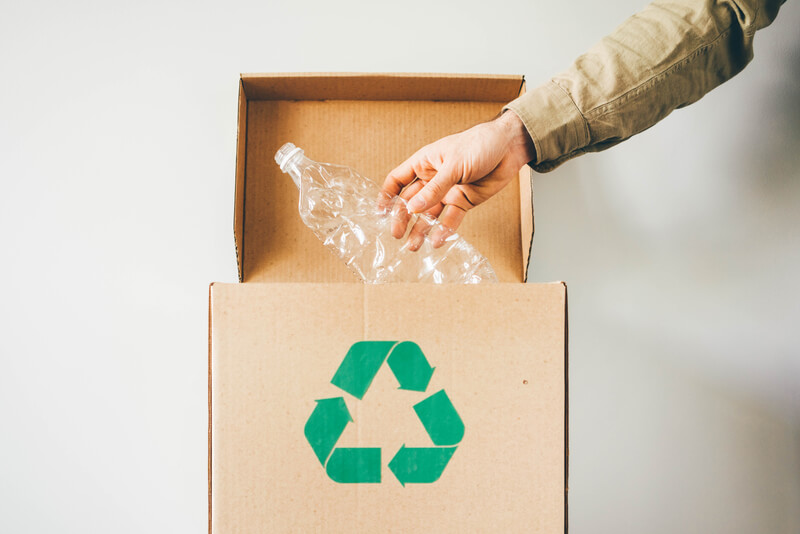
Plastic recycling, as a whole, helps to minimise energy consumption, reduces the use of fresh raw materials, and helps to reduce water pollution and air pollution, among other things. Therefore, this will significantly help in conserving our natural resources.
We will inevitably utilise these products in our daily lives; however, we must be responsible and imaginative enough to repurpose them to benefit the environment and ensure that future generations will have a better future than we do. As a leading manufacturer of plastic jars with lids in Australia, this is a topic that is taken very seriously.

